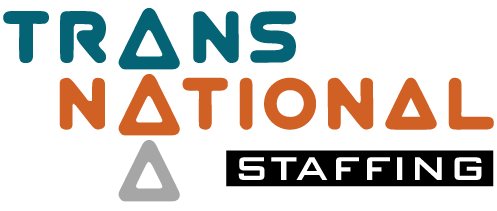
What months typically have the most layoffs?
November 10, 2023
What is a job or career coach, and should I consider one to help me?
November 24, 2023
The interview process can vary from company to company, but there are common elements that many organizations include in their standard interview processes.
Here is a general outline of a typical interview process:
Application and Resume Review:
-
- The process often begins with candidates submitting their applications and resumes online. Human resources (HR) or hiring managers review these documents to assess candidates' qualifications and match them with the job requirements.
Phone or Initial Screening Interview:
-
- Selected candidates may undergo an initial screening interview, often conducted over the phone. The purpose is to assess the candidate's communication skills, interest in the position, and basic qualifications.
First In-Person or Virtual Interview:
-
- Candidates who pass the initial screening may be invited for a more in-depth interview. This could be an in-person meeting at the company's office or a virtual interview conducted via video conferencing. During this stage, the interviewer(s) may delve deeper into the candidate's skills, experience, and cultural fit with the organization.
Assessment or Test:
-
- Some companies may include a skills assessment or test to evaluate specific job-related skills or aptitudes. This can involve technical tasks, problem-solving exercises, or personality assessments.
Second or Panel Interview:
-
- Successful candidates from the initial rounds may be invited for a second interview, often with a panel of interviewers. This stage may involve more in-depth discussions about the candidate's experience, behavior, and how they would handle specific situations.
Reference Checks:
-
- Employers may contact the candidate's provided references to verify information, including work history, performance, and character.
Final Interview or Meeting with Key Stakeholders:
-
- Sometimes, candidates may meet with key stakeholders such as executives or team leaders in a final interview. This stage is often focused on assessing the candidate's alignment with the company's values and goals.
Job Offer and Negotiation:
-
- The company may extend a job offer if the candidate successfully navigates the interview process. This offer includes details such as salary, benefits, and other terms of employment. Negotiations may take place during this stage.
Background Check:
-
- After accepting the job offer, the candidate may undergo a background check to verify information provided during the hiring process.
Onboarding:
-
- Once the background check is completed, the candidate is officially onboarded into the company, receiving orientation and training to start their new role.
Candidates need to be well-prepared for each stage of the interview process, and employers need to communicate clearly with candidates about the steps involved. Keep in mind that variations in the process may occur depending on the industry, the specific position, and the organization's unique hiring practices.




